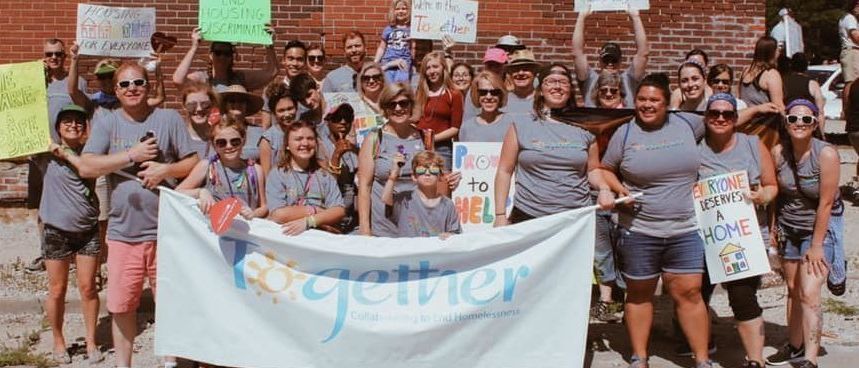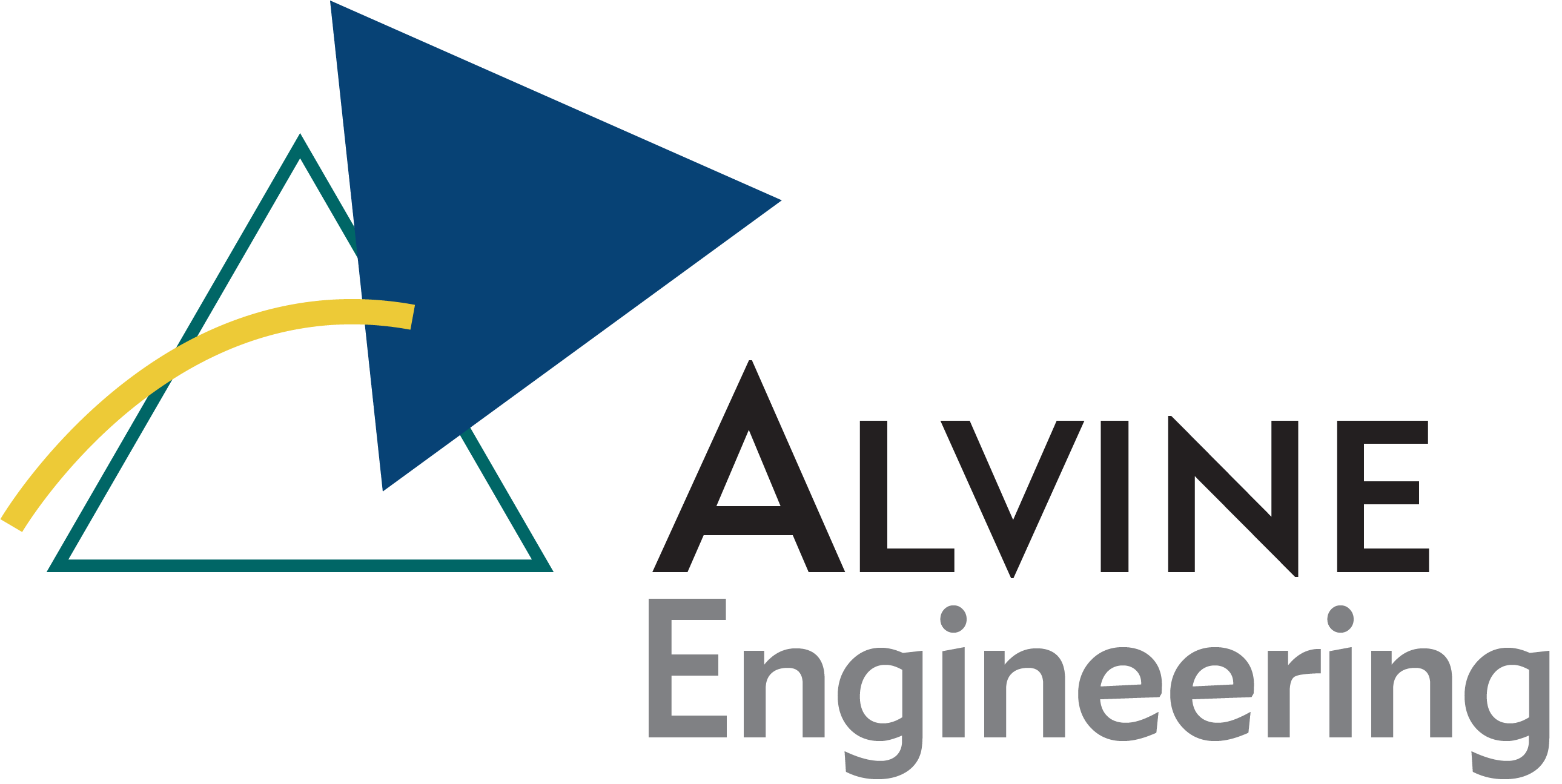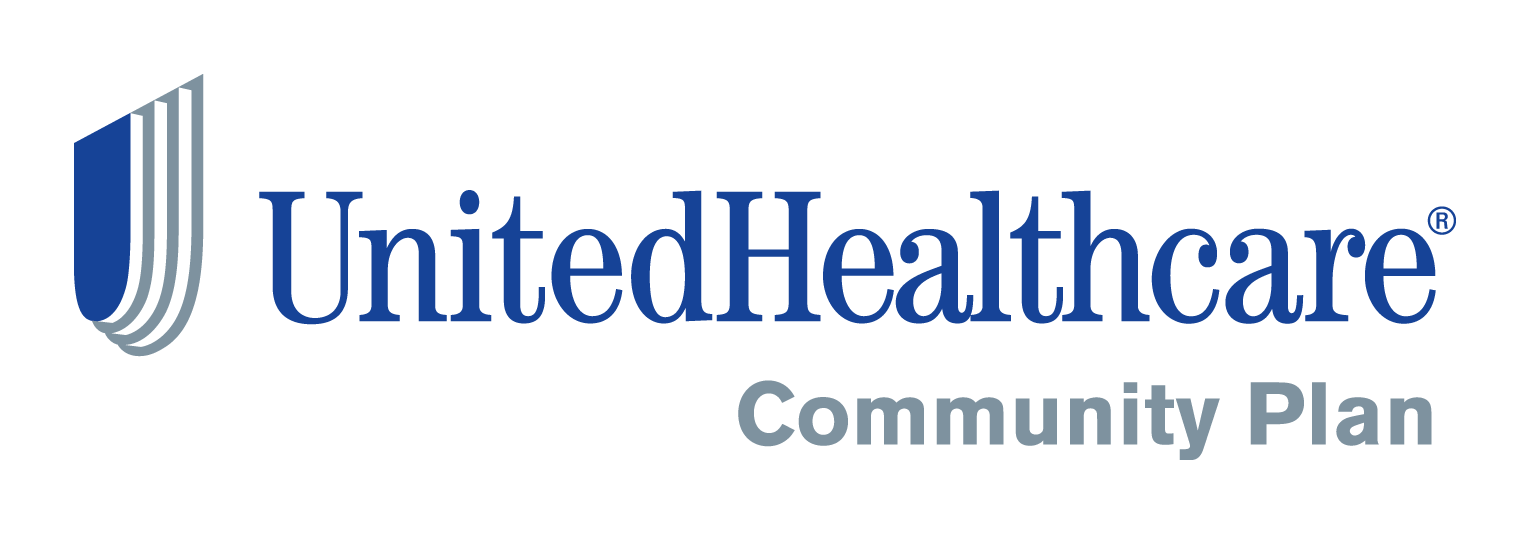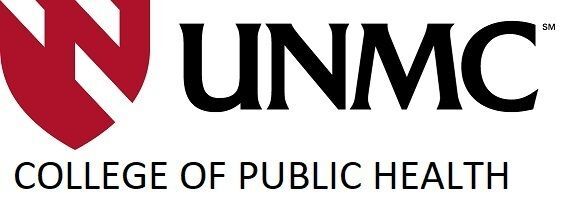For those not familiar with Together, we are an organization that has worked in our community for the past 48 years to address hunger and homelessness. Today we operate five programs that positively impact the lives of thousands experiencing hunger and homelessness in our community.
Our Nourish Program works to address Hunger in our community by providing food and SNAP and WIC outreach. Our Horizons Program works every day to address the needs of those experiencing chronic homelessness in our community by securing permanent housing and providing long-term intensive case management services.
Our Crisis Engagement Program works to address episodic homelessness by providing short term case management services and targeted financial assistance to maintain or create housing stability. Our Short-Term Emergency Housing Program operates to support those 55 and above that are experiencing a housing crisis with special health considerations such as lung disease, cancer, or symptoms requiring isolation.
Finally, our Advocacy Program works to ensure the voices of those we serve every day are heard by our elected officials consistently educating and bringing awareness to hunger and homelessness in our community.
As you may know, hunger and homelessness have hit crisis levels today exacerbated by sharply rising costs and its impact on housing, food, healthcare, and fuel costs. Organizations like Together have been fortunate over the past few years to receive extra resources to meet the overwhelming surge in demand for our services.
Sadly, in 2023, a reality that I feared and shared with many of you at last year's event has come true. We are still experiencing elevated needs that rival peak pandemic times, but the resources needed to meet that need have significantly diminished due to government programs ending and a weakened private funding landscape. Specifically, many COVID Relief funds are gone such as Cares Act and ARPA.
These funds provided a safety net by providing dollars to organizations like Together to purchase food, provide rent and utility assistance, and provide additional staff capacity to meet the elevated need. Additionally, the private sector funding landscape has weakened due to market losses and instability as well as competition for funding and investment, being as strong as ever.
Combine that with multiple priority projects and funding priorities rebalancing to a new normal and you have the recipe for a perfect storm.
That Perfect Storm has arrived in our community. Families are getting squeezed by ever increasing costs including rent, utilities, transportation, food, prescriptions, and healthcare to name a few. I’m sure we can relate to this experience in some way.
We all have probably felt a tighter budget this year. But for many of us there is enough discretionary income to absorb the increased costs. However, for the people we serve each day this reality means choices between putting food on the table or paying their utility bill. Or choosing between rent and a hospital bill or rent and a car repair.
This translates to families going hungry and losing their housing at rates we have not experienced in quite some time. This translates to one of the highest rates of retirees facing hunger and homelessness ever.
Simply put, this means we are not able to help everyone, and people are not receiving the food or housing services they have been accustomed to.
This means telling a mom, “I’m sorry that is all we have on our shelves currently. We are doing the best we can with what we have.” Or “I’m sorry that you are facing an eviction, but we don’t have the funds to help you currently. Is there someone else you can ask for help? A family member? A friend”
As you can imagine these are very difficult situations filled with tremendous fear and anxiety that affect the family and our staff that want to help but can’t. This is both frustrating and traumatic because the ripple effects of not being able to serve are devastating to our community in the long term. The number of evictions in our community has skyrocketed this year leading to levels of homelessness we haven’t experienced in some time.
There are 75 happening on a slow day and 125 happening on a busy day. You may have already noticed a significant increase in people experiencing street homelessness in our community. And if families can’t get access to the healthy and nutritious food they need, kids can't focus on school which is detrimental to our future generations. And those are just 2 examples of ripple effects, there are numerous more that I’m sure you can think of.
A question I am often asked is about employment post pandemic. Isn’t unemployment at a record low? How come we are still seeing unprecedented need, but the unemployment rate is the lowest on record? Something doesn’t seem to correlate. The reality is the unemployment rate in Nebraska is currently 2.0% yet we have 35,226 job openings.
The issue isn’t unemployment. The issue is underemployment. Wages and the development of the workforce haven’t kept up pace with the sharp rise in costs and in demand good paying jobs. Did you know that Nebraska has one of the highest rates in the country for families living in poverty working multiple jobs?
We may be past the pandemic, but the recovery process is slow and our friends and neighbors that need help in our community are struggling more than ever and so are the organizations trying to help.
As I have shared, there were millions of dollars invested in our communities to provide food, housing, and many other necessities to keep individuals and families safe during the pandemic. As expected, those funds have receded, yet the need remains at pandemic levels if not higher in certain areas. We are faced with a situation where philanthropy or charity alone cannot make up that gap. It will require everyone from every sector engaging to meet the need.
The scale of our community issues in 2023 are no longer solvable by one organization or even one sector. Long gone are the days of just charity or just government providing funding to support our communities.
As we look at 2024 and beyond and look at the scale of hunger and homelessness in the Omaha area and the population growth we are experiencing, we can no longer afford to put our blinders on and hope the problem goes away or place blame. It is all our responsibility to make the Omaha area a better place to live for EVERYONE. We need philanthropy, business, community members, faith communities, and government working together to provide innovative solutions to the large and complex societal issues we face moving forward. After all, a strong community is a community united, not divided.
To close this evening, I would like to emphasize our gratitude and thank all of you for your continued support of our mission and vision.
I know I have portrayed a pretty difficult picture, but I don’t want to sugar coat the reality, however, I do want to share that my hope remains high, and I am optimistic that we will persevere because of you! We are a very generous and resilient community, and we will support each other through this challenging time.
And here are some ways to do just that.
First, you can volunteer. We have many opportunities to give of your time and talents. Second, you can use your voice to support our advocacy efforts and ensure our most vulnerable neighbors are heard. Third, and most importantly, you can support our life saving programs with your generous donation and you will have an opportunity to do that this evening.
Thank you again for being here and thank you in advance for your impactful generosity this evening.














